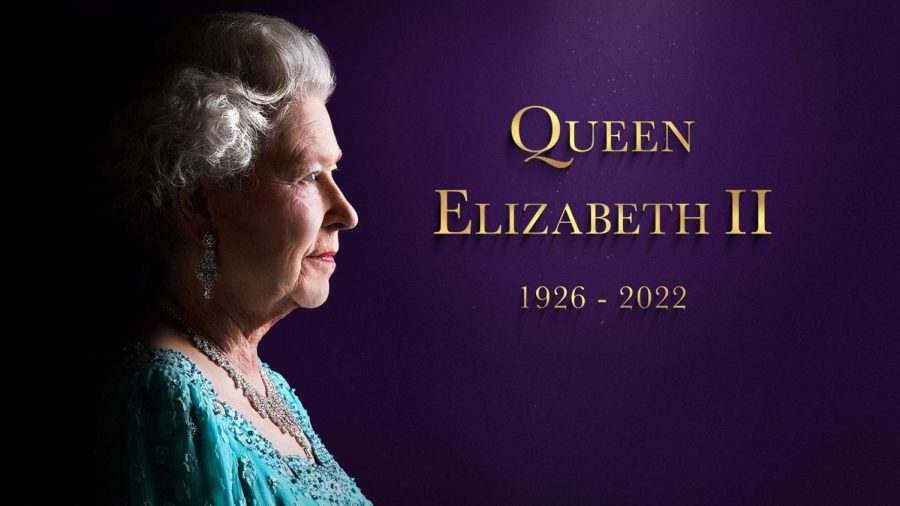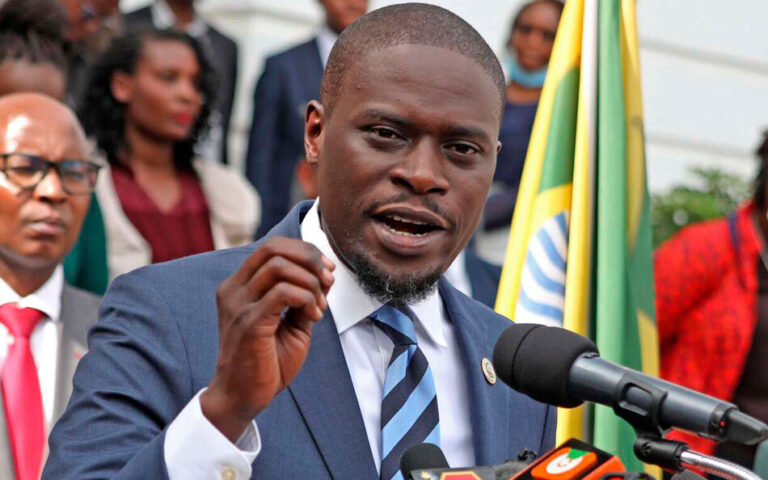
September 8th marked three years since the passing of Queen Elizabeth II, a moment that closed one of the most significant chapters in modern British history. Her death on September 8, 2022, at Balmoral Castle in Scotland, brought an end to a reign that spanned seven decades, making her the longest-serving monarch in British history. As the world reflects on her legacy, the enduring impact of her life and leadership remains deeply felt across the United Kingdom, the Commonwealth, and beyond.
Queen Elizabeth ascended the throne in 1952 at just 25 years old, following the death of her father, King George VI. Her reign witnessed extraordinary transformations, from the post-war recovery and the decline of the British Empire to the rise of digital technology and shifting global alliances. Through it all, she remained a constant figure of stability and grace, embodying a sense of duty that resonated with generations.
Her presence was not merely ceremonial; it was deeply symbolic, offering reassurance in times of uncertainty and change.Her passing was met with an outpouring of grief and admiration. Crowds gathered outside Buckingham Palace, laying flowers and tributes, while leaders from around the world paid their respects. The funeral, held at Westminster Abbey, was watched by millions globally, a testament to her influence and the affection she inspired. In the years since, her memory has been honored in countless ways from commemorative coins and portraits to public ceremonies and quiet moments of reflection.
King Charles III, who succeeded her, has spent this anniversary in private contemplation at Balmoral, following the tradition his mother upheld of marking Accession Day not with celebration but with solemn remembrance. His reign has ushered in a more streamlined monarchy, reflecting both modern sensibilities and the challenges of a changing world. Yet, the shadow of his mother’s legacy looms large, guiding his approach and shaping public expectations.
Members of the royal family have also paid tribute in their own ways. The Prince of Wales visited a local community center, echoing his grandmother’s lifelong commitment to civic engagement. Prince Harry, though now based in the United States, returned to the UK for charitable events, underscoring the continued relevance of the causes Queen Elizabeth championed. These gestures, though modest, speak to the enduring values she instilled in her family and the institution she led.
Beyond the royal household, Queen Elizabeth’s legacy continues to influence global diplomacy and cultural identity. Her role as head of the Commonwealth was pivotal in fostering cooperation among diverse nations, many of which still regard her as a symbol of unity. Her ability to navigate complex political landscapes with tact and humility earned her respect from leaders across the ideological spectrum. Even in her final days, she remained engaged, formally appointing Prime Minister Liz Truss just two days before her death, a final act of service that encapsulated her unwavering commitment.
The monarchy has faced its share of challenges since her passing, from internal tensions to public scrutiny. Yet, the memory of Queen Elizabeth offers a stabilizing force. Her example of resilience, discretion, and devotion continues to serve as a benchmark for leadership. As Britain and the Commonwealth navigate the future, her legacy remains a touchstone for what it means to serve with dignity and purpose.
Three years on, the world remembers not just a queen, but a woman whose life was marked by extraordinary dedication. Her reign may have ended, but her influence endures in the traditions she upheld, the lives she touched, and the quiet strength she embodied. As bells toll and tributes are shared, the spirit of Queen Elizabeth II lives on, reminding us of the power of grace in leadership and the lasting imprint of a life well lived.

